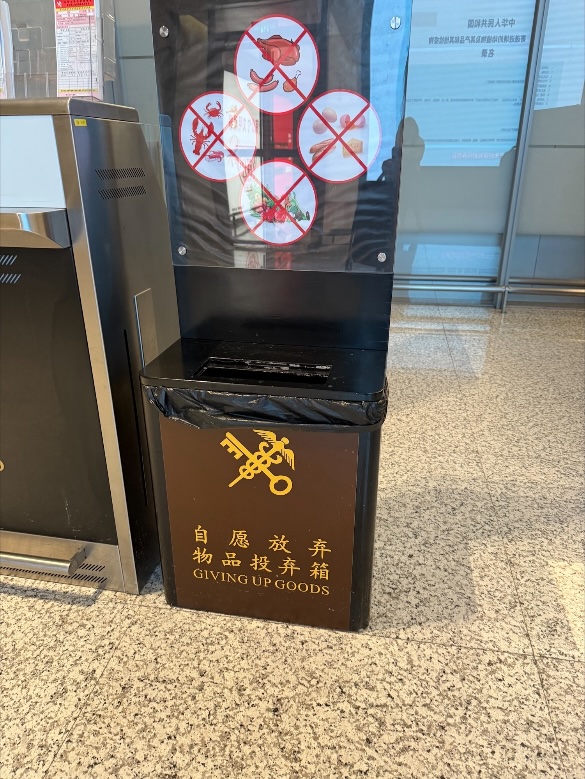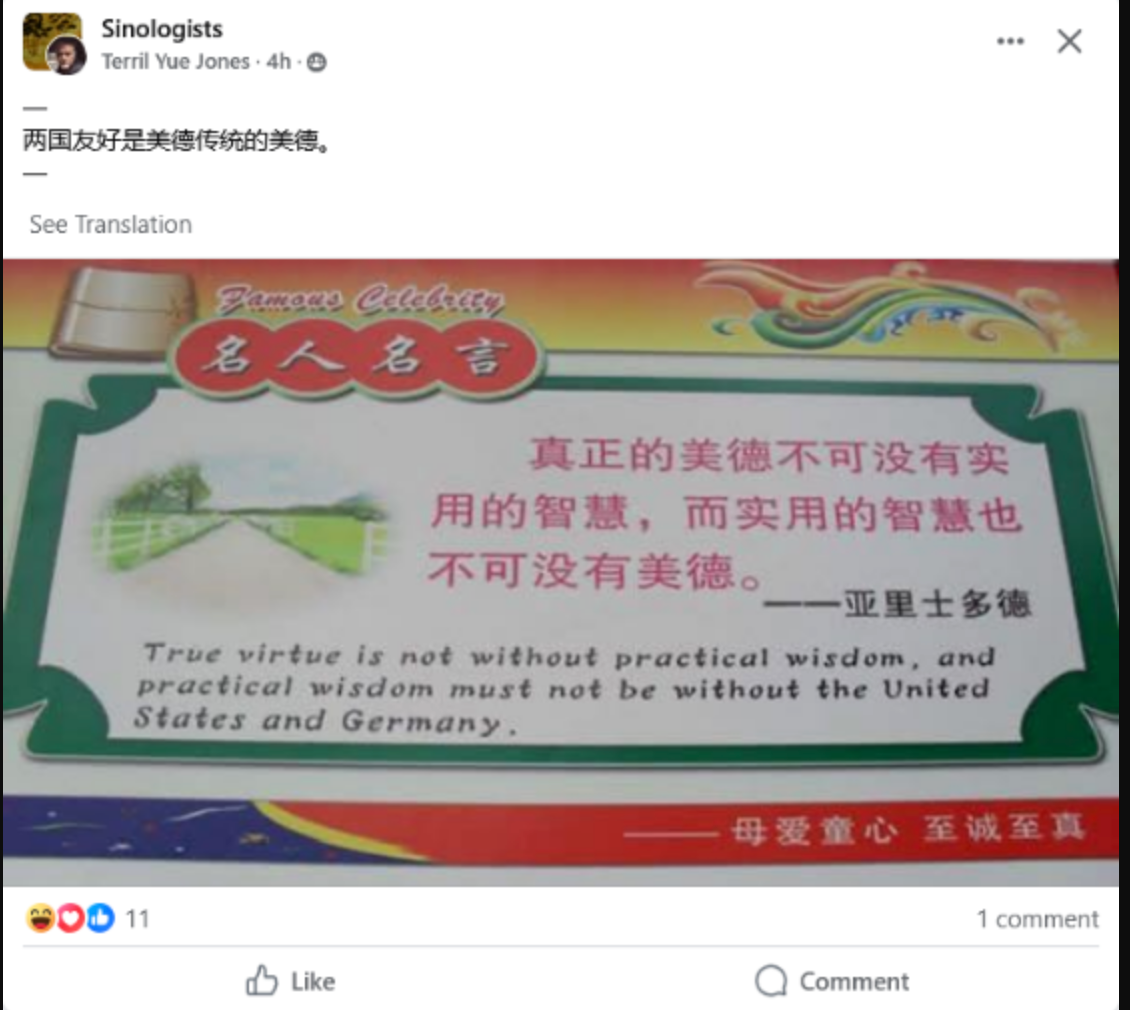With the changing of the guard at the State Department, the new Secretary of State, Marco Rubio, and his counterpart in China's Foreign Ministry, Wang Yi, must needs have a dialog, a man-to-man conversation, so to speak. As is customary with China's wolf warriors, however, Wang Yi was up to his old habits of giving young Marco a jiàoxùn 教训 (let's just call it "a lesson", not quite a "dressing down").
Here's how the most critical part (the final portion) of Wang Yi's communication was reported in an AP article on the event:
“I hope you will act accordingly,” Wang told Rubio, according to a Foreign Ministry statement, employing a Chinese phrase typically used by a teacher or a boss warning a student or employee to behave and be responsible for their actions.
Read the rest of this entry »






